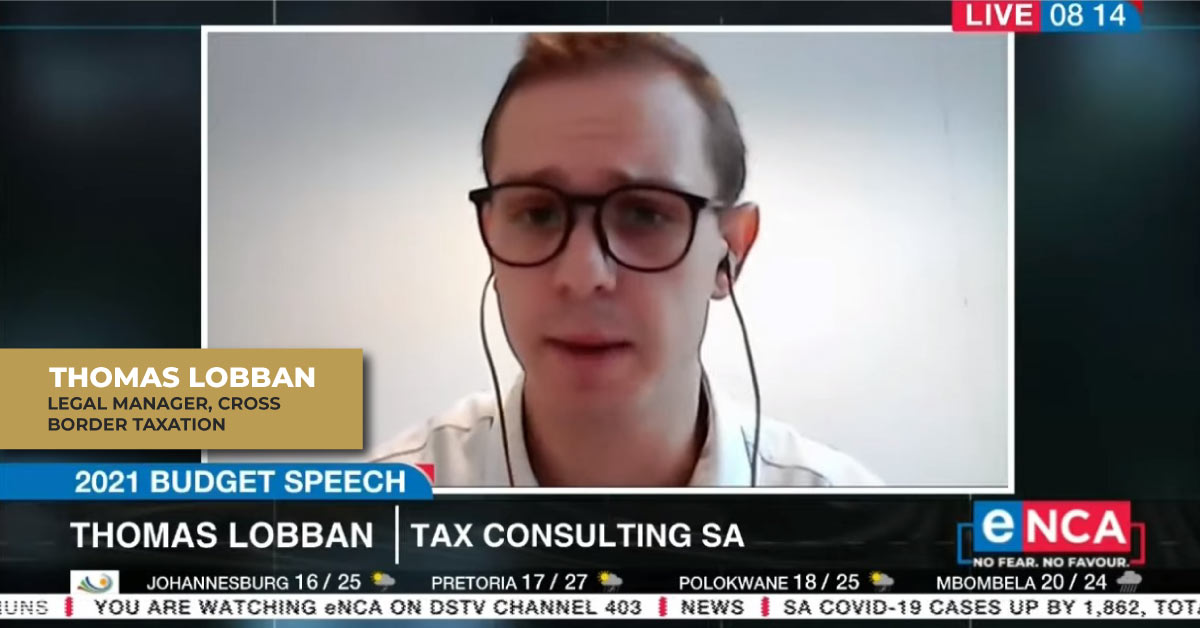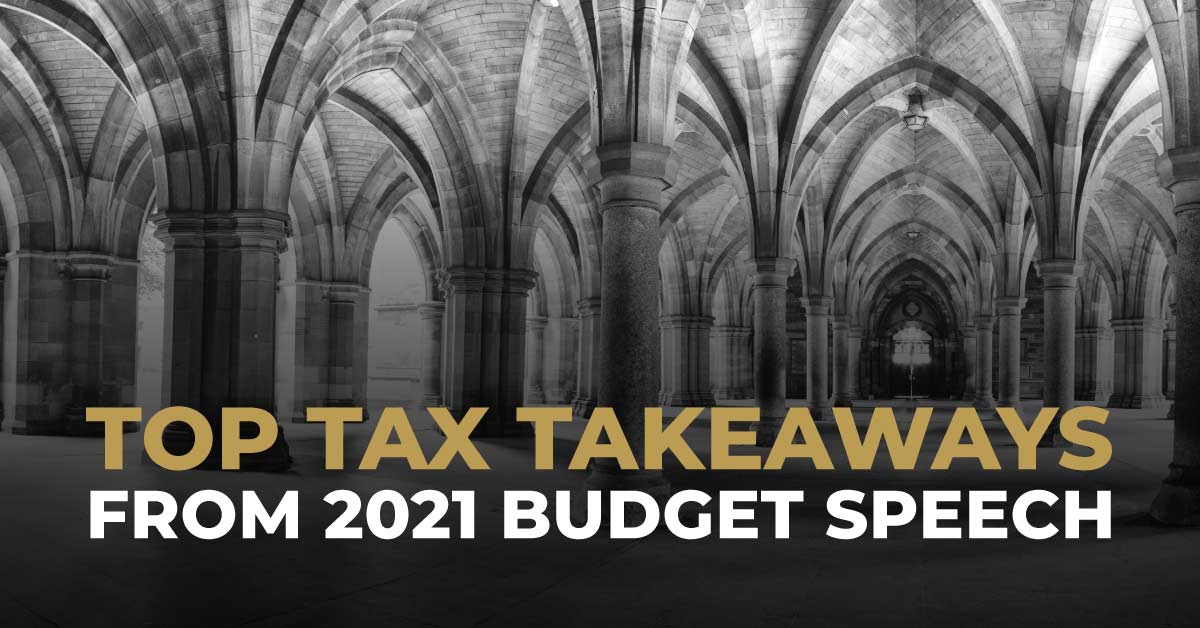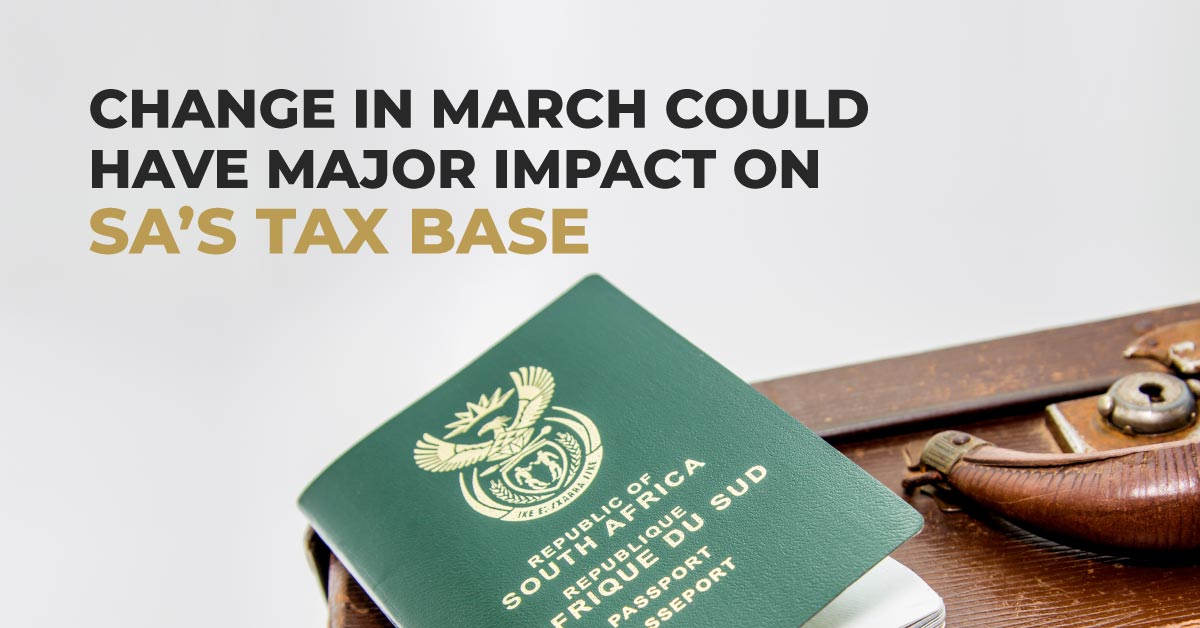GENERAL COMMENTARY ON THE BUDGET SPEECH 2025
2025 Budget 2.0:
The VAT increase is dead, long live the VAT increase
The shocks, surprises and shortfalls in the initial Budget that never saw the light of day on 19 February, made way for a reworked National Budget marked by cuts, compromises and curveballs.
Although Finance Minister Enoch Godongwana’s first Budget attempt three weeks ago was unexpectedly stopped in its tracks, mainly because several partners in the Government of National Unity (GNU) found the then proposed 2 percentage points increase in the VAT rate unacceptable, a higher VAT rate is still part of the Minister’s search for additional revenue this time around.
The Minister softened the blow, proposing a VAT increase of 0.5 percentage points in each of the next two years to bring the VAT rate to 16% by 2026/27. This is lower than the 17% it would have been had the 2 percentage points increase been implemented.
Additional Revenue
National Treasury explains in the 2025 Budget Review document a VAT increase “is indispensable for raising additional revenue of the required magnitude”. That being said, the adjustment to the VAT rate proposal required a reduction in the spending plans and a different mix of revenue measures.
Where Budget 1.0 aimed to raise an additional R58 billion in 2025/26, the reworked Budget proposes tax policy measures designed to raise R28 billion in additional revenue in 2025/26 and R14.5 billion in 2026/27.
The already over-burdened individual taxpayers will bear the brunt of strengthening the state coffers in 2025/26. Treasury will ensure an additional R19.5 billion in revenue by not adjusting the Personal Income Tax (PIT) brackets, rebates and medical tax credits for inflation.
Over the medium term the VAT increases will make up the bulk of additional revenue. In 2025/26 it is estimated to bring in R11.5 billion (after foregoing R2 billion by adding more zero-rated items to the food basket) and in 2026/27 an estimated R27 billion.
Additional revenue of R1 billion is expected from above-inflation increases in excise duties on alcohol and tobacco products, or so-called sin taxes.
These tax measures will enable additional funding in several key areas, including education, early childhood development, and health, Treasury says.
Strengthening SARS
The Minister said in his Budget Speech building on the progress made in revitalising SARS, the tax authority will be allocated R7.5 billion over the medium term, with R3.5 billion in the current financial year.
In 2025/26, SARS will focus on addressing the tax gap, estimated at a net gap of R800 billion, to improve revenue collection. This will be done by improving taxpayer compliance and trade facilitation by leveraging artificial intelligence, data science and deploying innovative technologies.
In reaction to this Commissioner Edward Kieswetter said SARS will engage with the Minister on what more needs to be rebuilt at SARS and where modernisation is needed to improve SARS’ efficiency with reducing debt and recruiting more skills to close the tax gap.
Tax revenue for 2024/25 is expected to be R1.85 trillion, which is R16.7 billion below the 2024 Budget expectations, reflecting weak economic outcomes.
Corporate tax receipts benefited from better-than-expected profitability but import VAT and fuel levy collections underperformed. Personal income tax collection grew at 12.6% over the first 11 months of 2024/25 compared with the same period in the prior year. This is attributed to larger-than-expected tax receipts from Retirement Savings Pot withdrawals after the Two Pot Retirement reforms came into effect on 1 September 2024. The amount of R11 billion collected, is almost double what was foreseen in the Medium-Term Budget Policy Statement (MTBPS) in October 2024.
Justifying the VAT increase
National Treasury explains increases in PIT and Corporate Income Tax (CIT) would been more negative for employment, savings, investment and growth than a VAT increase.
PIT collections at 9% of GDP, is far higher than those of most developing countries, and CIT collections as percentage of GDP is above 5%, versus 4% for OECD countries.
According to the Budget Review previous tax rate increases for PIT did not raise the expected revenue as taxpayers changed their behaviour to avoid the tax. It is harder to avoid a VAT increase, and the behavioural responses are lower, reducing the impact on the economy. Although CIT is imposed on businesses, it is ultimately paid by shareholders, workers and consumers.
Taking on additional debt to meet the spending pressures was also not feasible.
To provide relief for the tax increases, the most vulnerable households will be cushioned by real increases in social grants, continued fuel levy relief and an expansion of the list of VAT zero-rated foods to include, among others canned vegetables and edible offal.
Other tax policies
Other noteworthy amendments include the monetary thresholds for transfer duties which will be adjusted by 10% to compensate for inflation, the urban development zone tax incentive will be extended to 2030, and the Budget Review refers to the current treatment of cross-border retirement funds which may result in double non-taxation, particularly where South Africa is granted the taxing right by treaty.
Conclusion
Godongwana said the postponement of the Budget three weeks ago was regrettable, but perhaps an understandable feature of multiparty governance. He described it is a sign of a maturing and resilient democracy.
But the Minister’s warning was clear that over the medium term, new spending pressures must be funded “either through additional revenue increases or expenditure reductions or reprioritisations”.
Like previous years, the truth of this Budget is that there are no new sustainable streams of revenue collection identifiable for the immediate tax years ahead and economic growth holds the key to the future.











